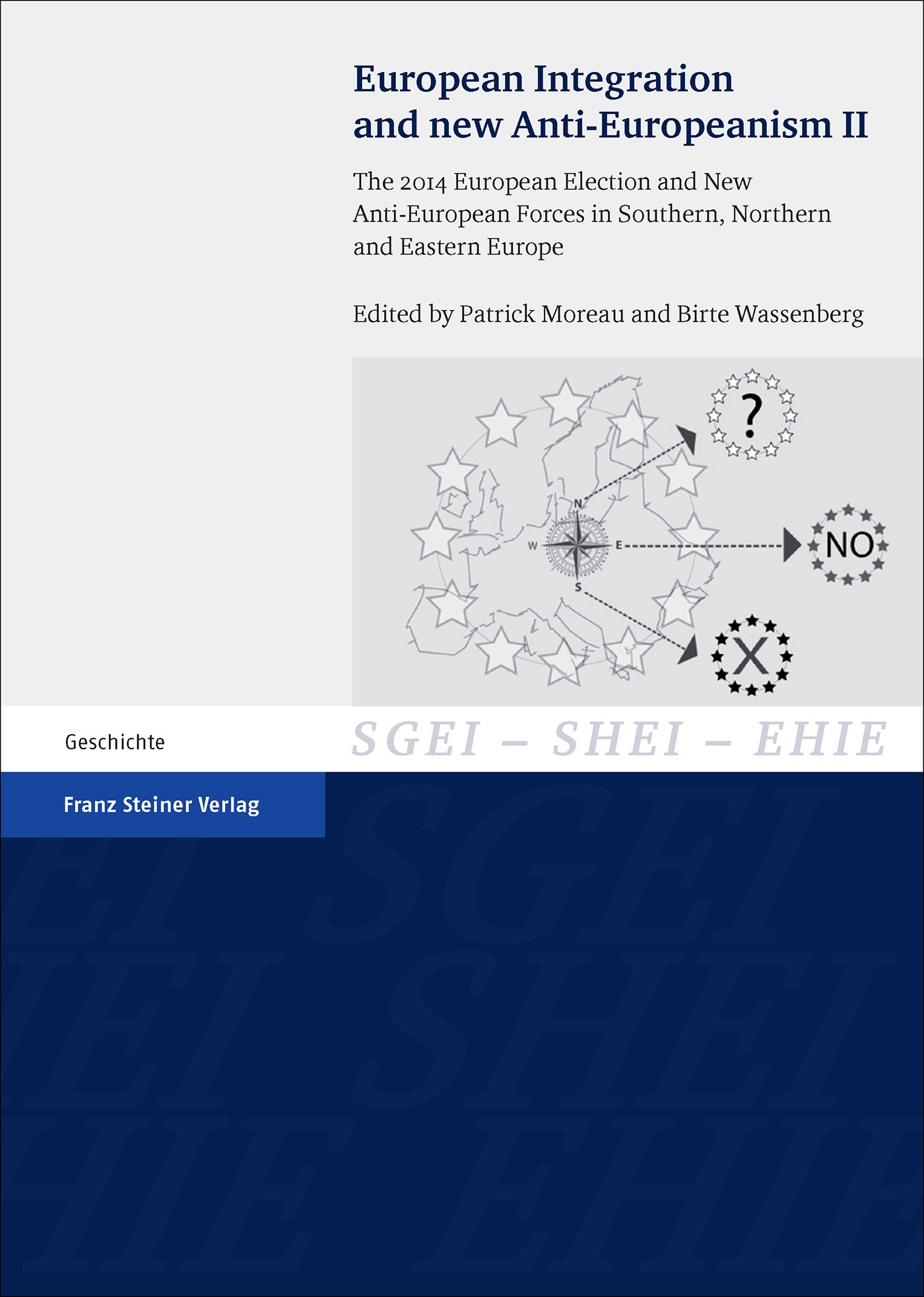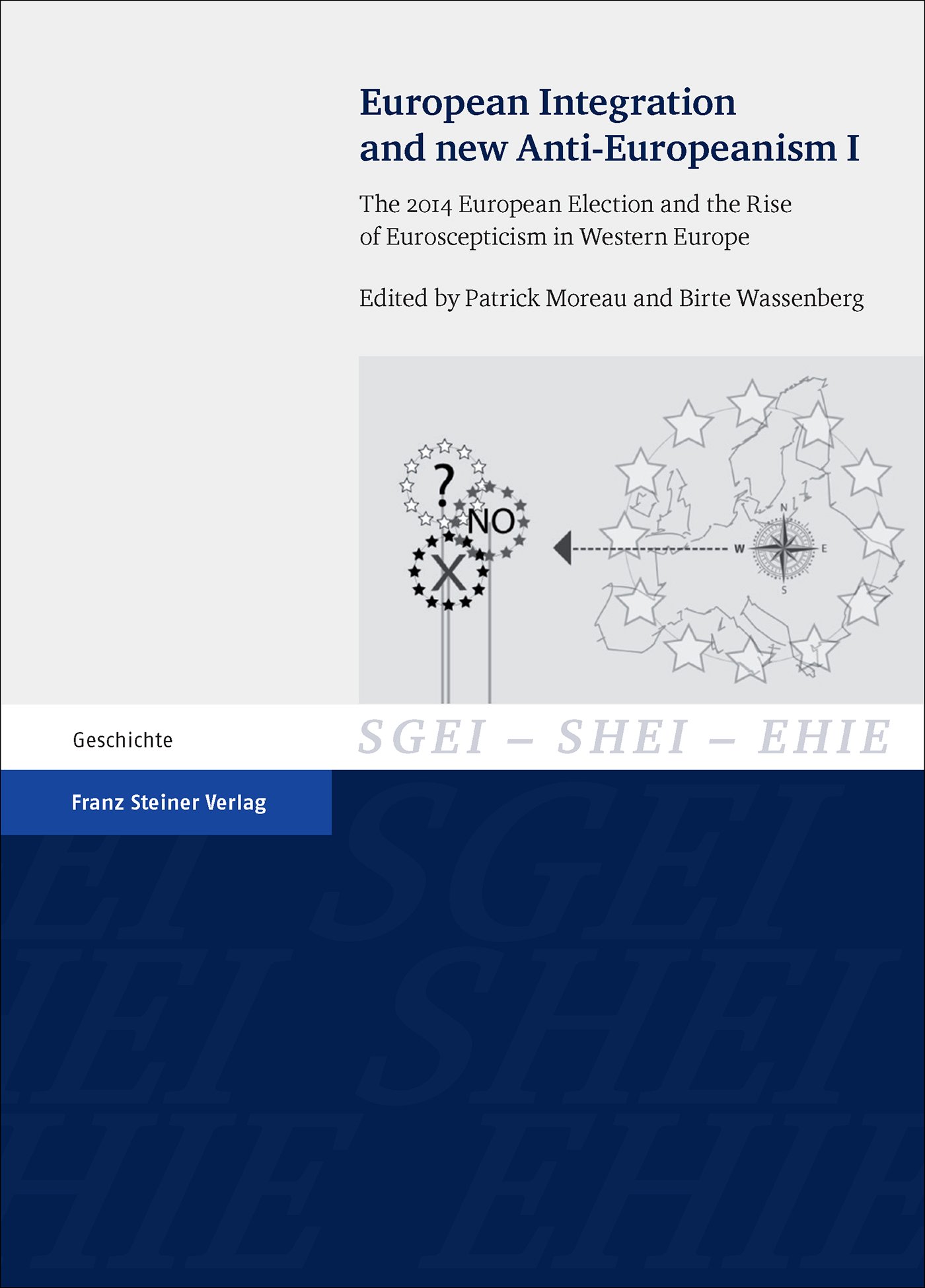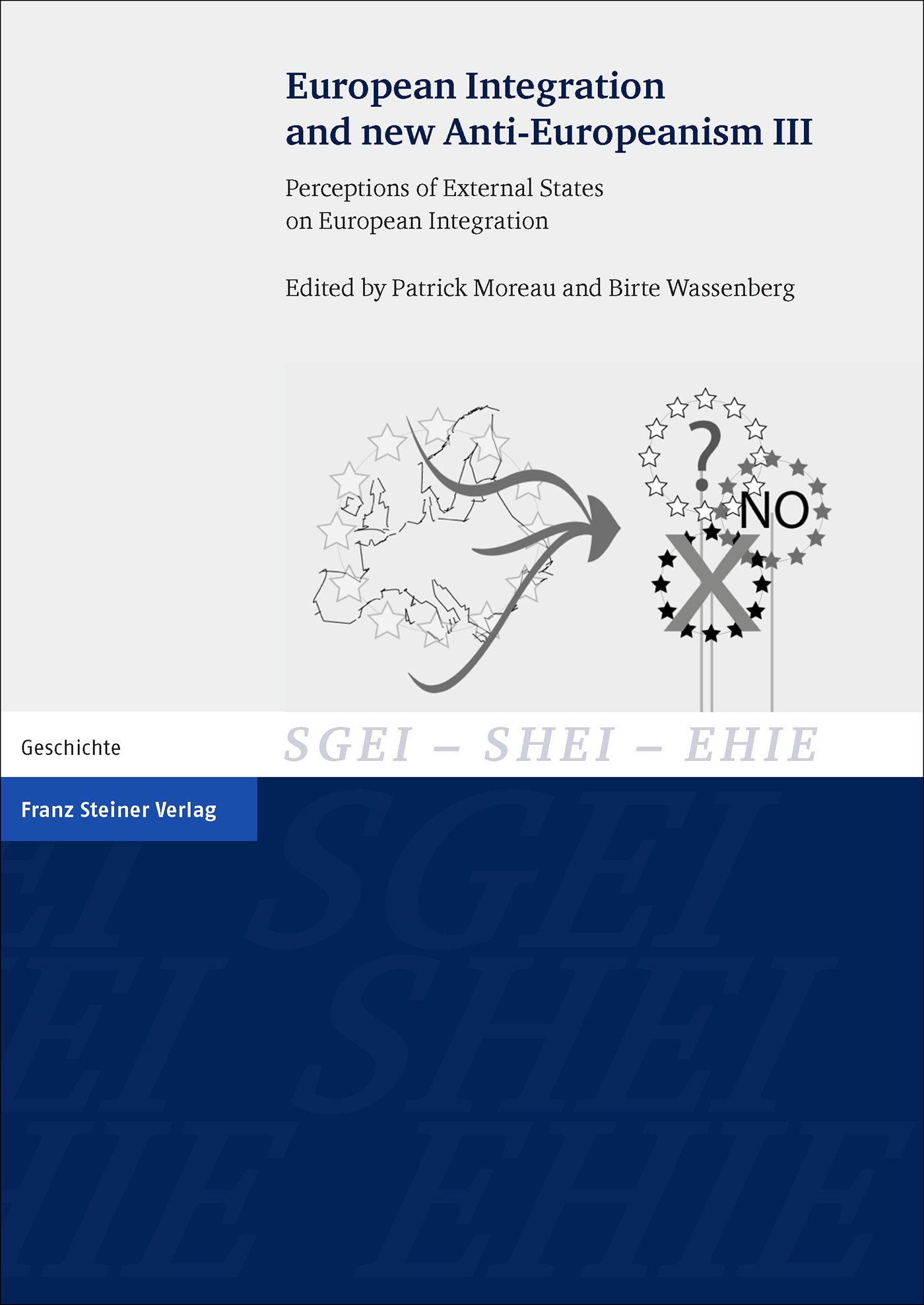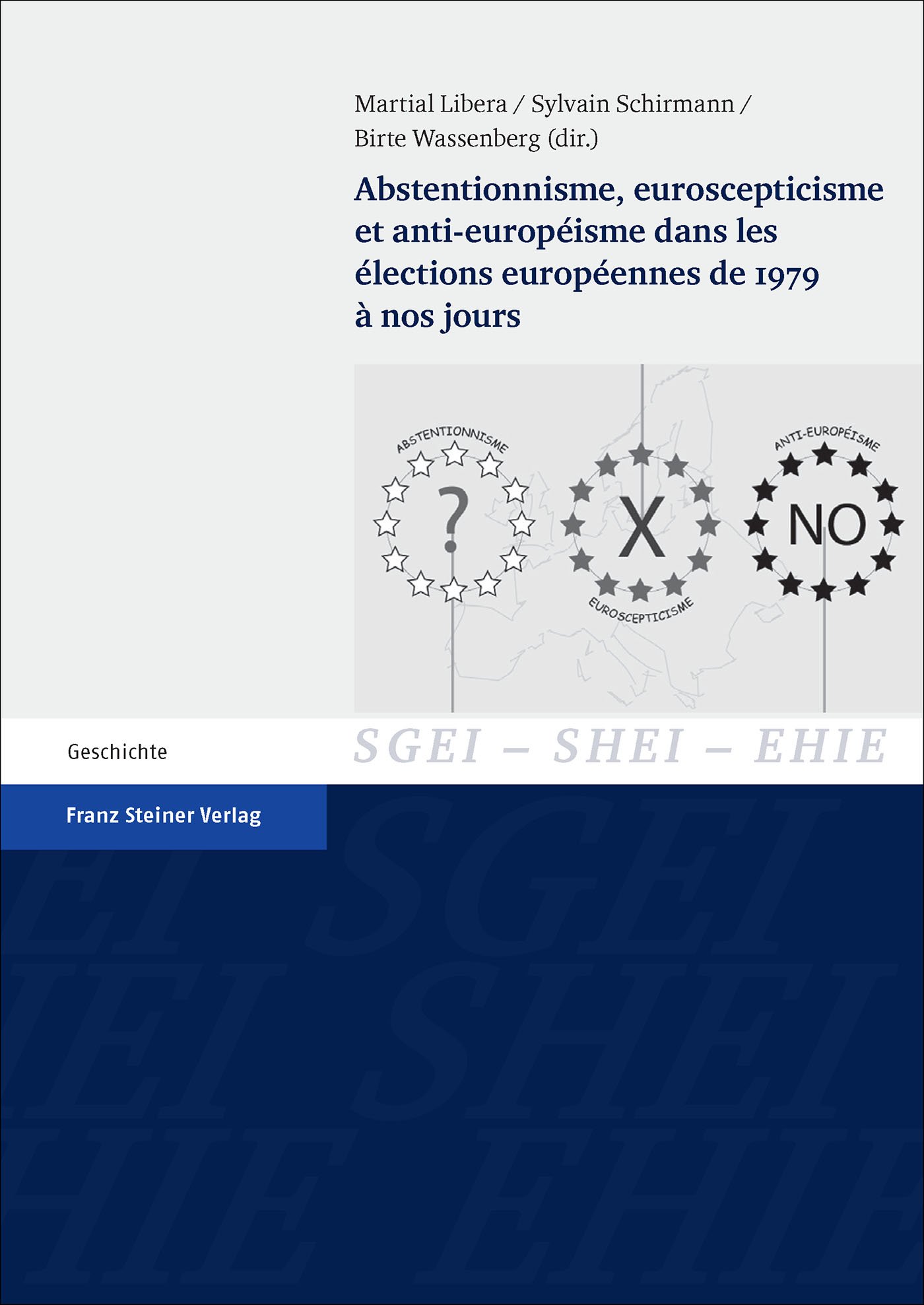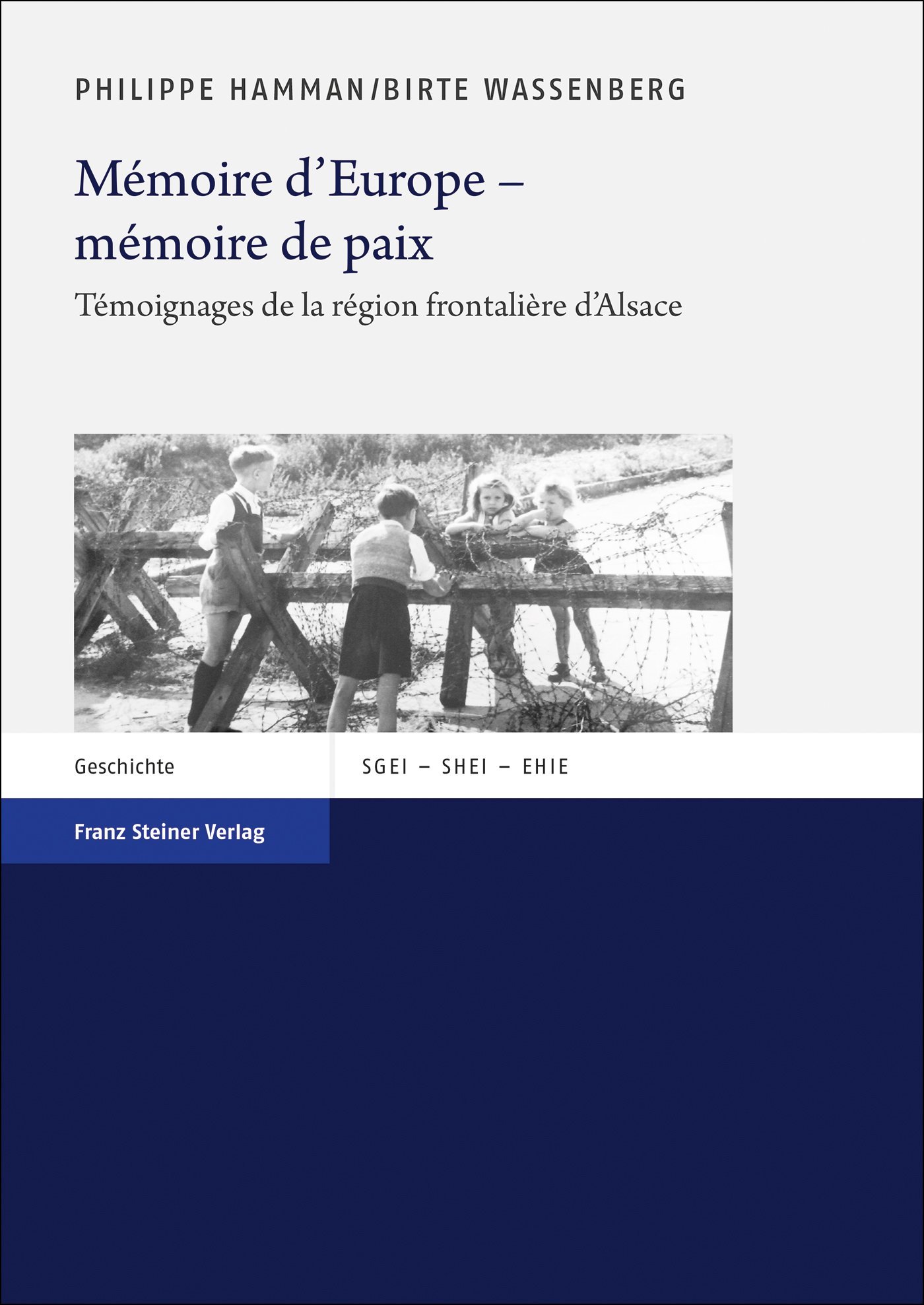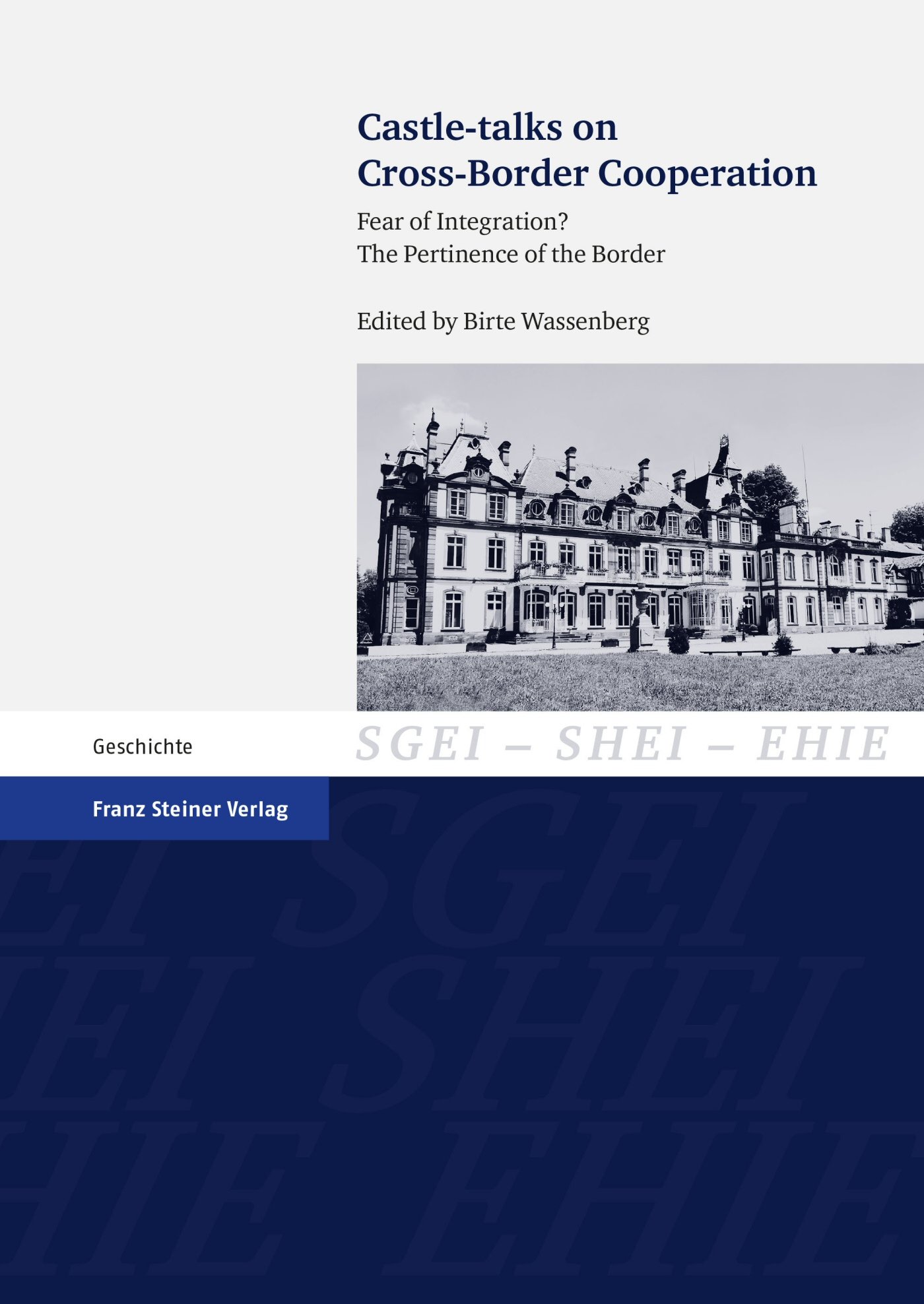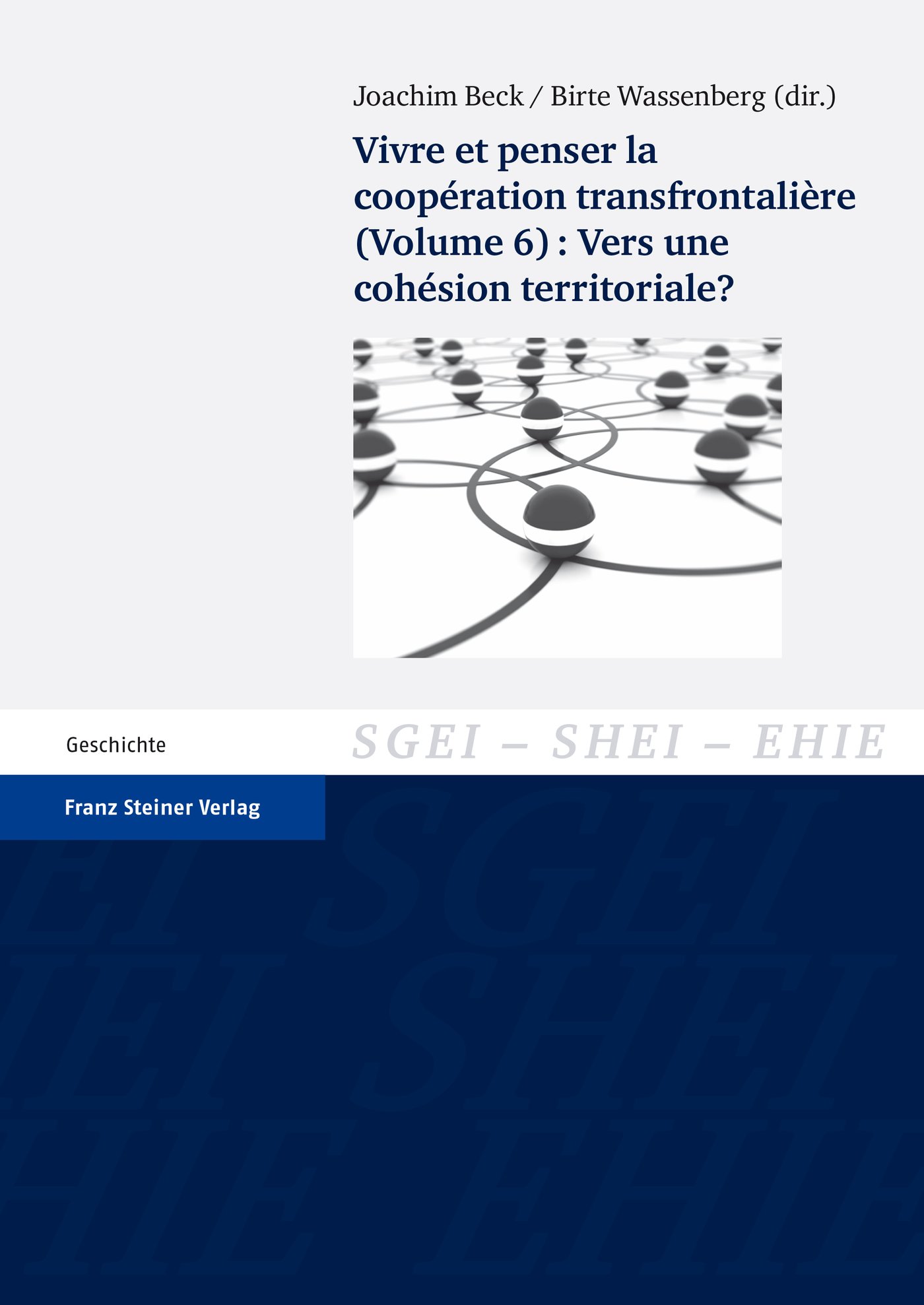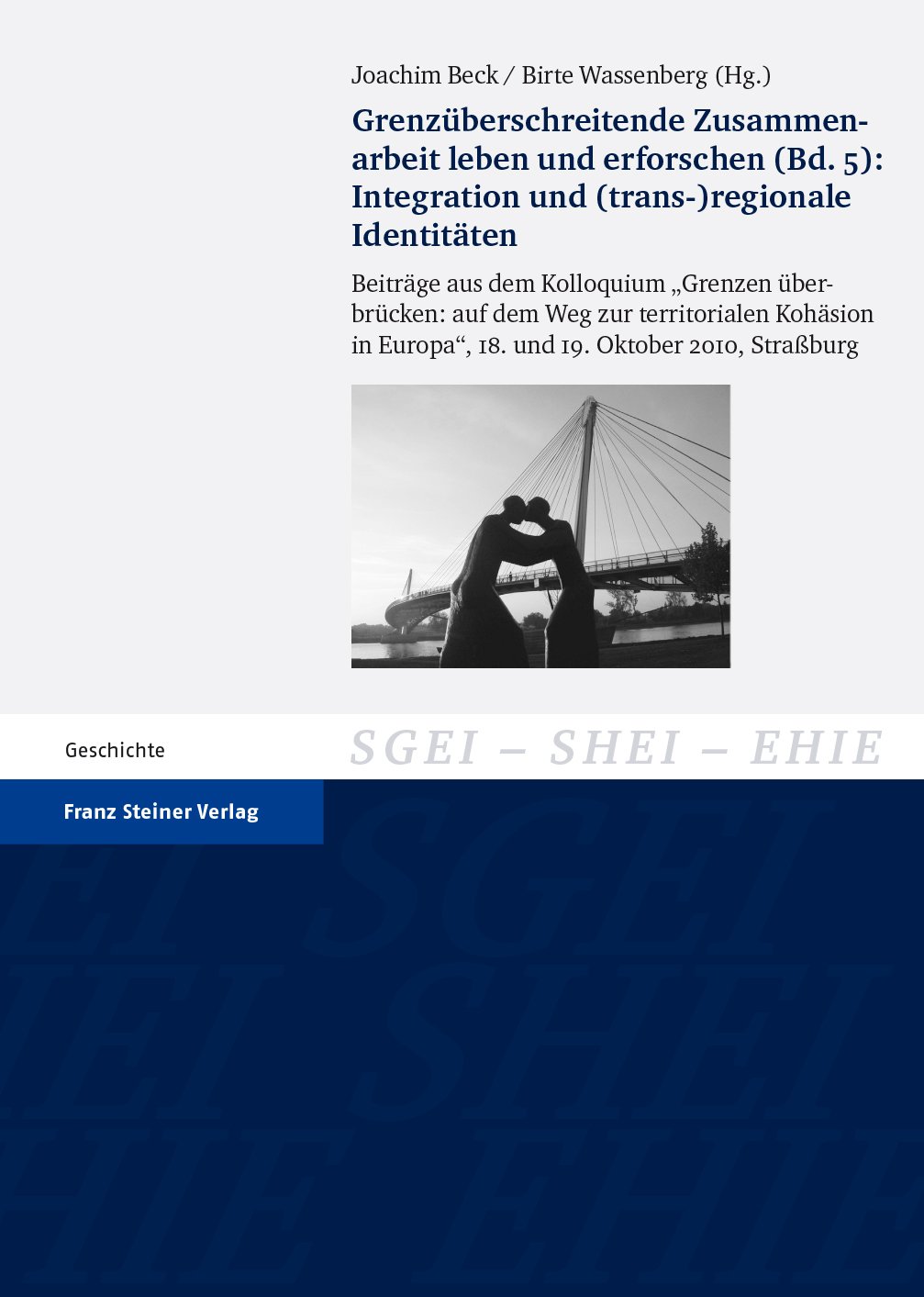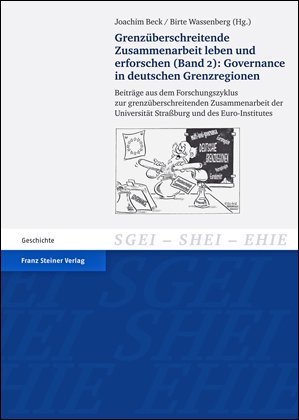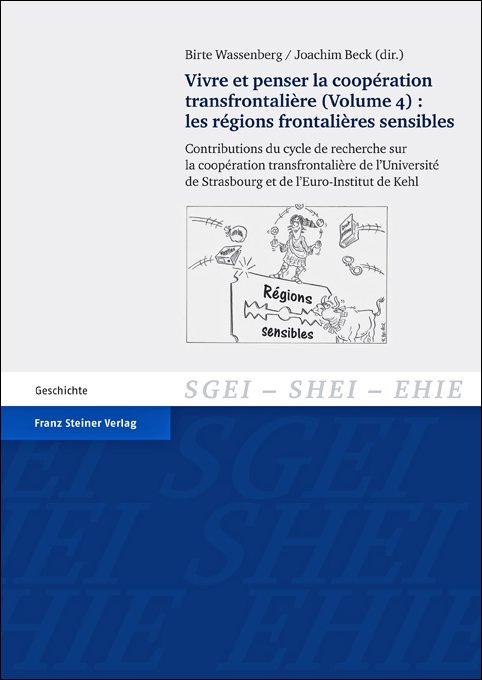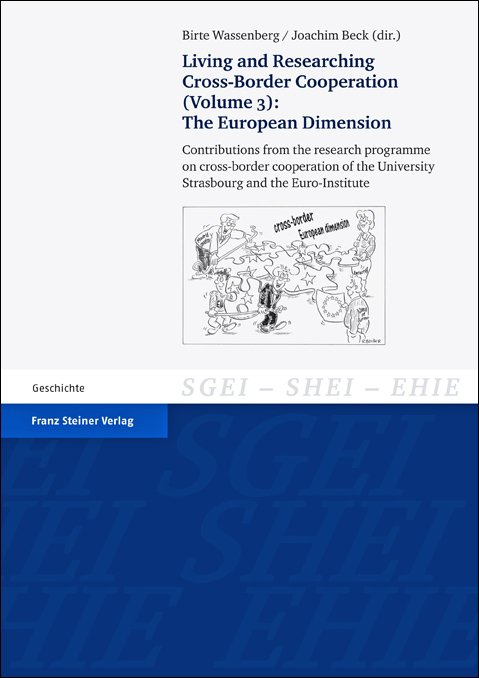European Integration and new Anti-Europeanism. Vol. 2
The economic crises since 2008, the tensions concerning the Euro, the Greek question and the refugee problem have fuelled a strong "Eurosceptic" movement. At the 2014 European elections, the rise of Eurosceptic forces could be observed in virtually all Member States of the EU. This publication regroups the contributions to a Conference organized 2014 in Strasburg by the CNRS-University of Strasbourg research unit "UMR Dynamiques européennes", in the framework of the IDEX excellence project "The European Integration and the New Anti-Europeanism".
In this second of two volumes, three groups of EU Member States are analysed: Mediterranean (Cyprus, Spain, Portugal, Greece), Scandinavian States (Sweden, Finland) and Austria; finally, Eastern European and Baltic States (Czech Republic, Slovakia, Hungary, Estonia, Latvia). Does the discourse of Eurosceptic parties in Eastern Europe differ from national-populists in the Nordic States or Austria? Is anti-Europeanism of the Greek or Cypriot extreme right similar to that of "parties of disruption" in Italy (Five Star Movement) or Spain (Podemos)? Can we equate anti-Europeanism of Czech Communists and alter-Europeanists in the Baltic States?
| Series | Studien zur Geschichte der Europäischen Integration |
|---|---|
| Volume | 28 |
| ISBN | 978-3-515-11455-4 |
| Media type | Book - Paperback |
| Edition number | 1. |
| Copyright year | 2016 |
| Publisher | Franz Steiner Verlag |
| Length | 239 pages |
| Illustrations | 99 b/w tables, 5 b/w diag. |
| Size | 17.0 x 24.0 cm |
| Language | German, English |
